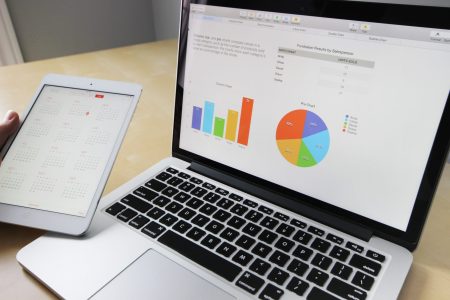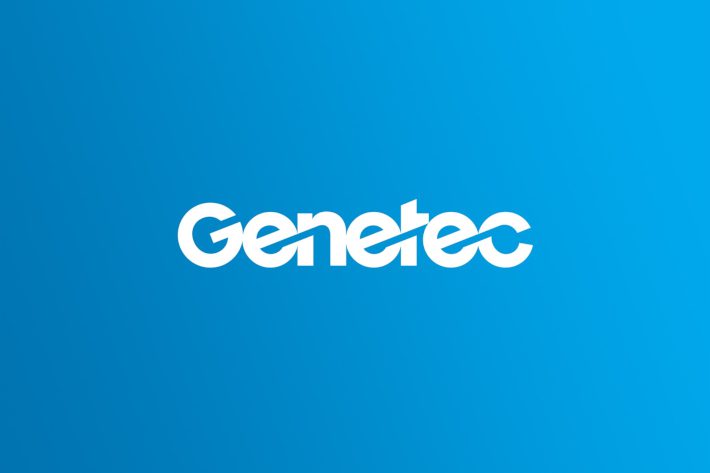Since the pandemic hit, bad actors have prayed on the vulnerability of organisations moving to remote working models and IT departments have worked tirelessly to overcome the challenges. In turn, technology companies delivered new and improved technologies to support the changes. Below shows Entrust 2022 security trends predictions.
- A move from attacks on infrastructure to attacks on individuals
While attacks on system vulnerabilities continue to be a staple of nefarious activities, there’s been a renewed focus on attacks against individual employees via mobile devices. The upturn in BYOD and IoT devices will create further headaches for IT departments in 2022. Authentication will be a huge challenge and passwords will be combined with other authentication methods like smart cards, three-factor authentication, and biometrics in order to improve security.
- Solving complexity with simplicity
In 2022 we will see ‘packaged’ solutions aimed at simplifying security and enabling digital transformation. Examples include:
- Seamless Travel — Cybersecurity technology is being developed to address specific issues and problems caused by COVID-19 and this will continue in 2022. New integrated solutions for seamless travel will replace long lines at customs with secure remote identity verification via smartphone. Such solutions will make travel easier and more contactless, and allow border control agents to focus on handling exceptions and possible risks. The global pandemic has spurred an urgent requirement for remote and touchless services replacing manual and high-touch self-service processes. Next year is forecast to demonstrate the value of digital travel documents, e-Passports and electronic travel authorisations to enable safer and more seamless travel for post-pandemic recovery.
- Hybrid payment solutions — Bundling existing physical card issuance technologies with secure digital capabilities to offer a best-in-class hybrid issuance solution, supporting the full payment customer experience. With growing concerns over identity theft and approximately 80% of mobile banking consumers being concerned about fraud, we’re seeing that consumers are starting to prioritise improved technical and functional capabilities of products and services when choosing their banks, pension providers and other financial services. Traditional financial firms simply won’t survive the economic and logistical upheaval caused by the global pandemic if they continue operating the way that they are. According to the Keeper’s Security UK Census Report, financial firms suffered an average of 60 cyberattacks over the last year which is expected to increase in 2022. As customers become more aware and technology becomes more advanced, 2022 will be the year we combat threats and outdated tech and grow our infrastructure in even more unique ways.
- Enhanced certificate lifecycle management — With cyberattacks occurring at a higher rate than ever before, enhancing Certificate Lifestyle Management capabilities will offer a secure, central point for IT to control certificates, encryption keys and crypto.
- Zero-Trust
Zero-Trust is an approach where you trust nothing, verify everything related to users and devices, assume the network is hostile and only give entities the least privileged access – the minimum permissions they need to fulfill their function. This framework is predicted to become essential in stopping identity from being exploited through various avenues in 2022, including compromised secrets, compromised data perimeters and lateral threats. Entrust’s 2021 report released in September, Securing the New Hybrid Workplace revealed an increase in identity proofing technology that verifies someone is who they say they are, with 51% rolling out one-time password technology and 40% utilising biometric authentication. The report also revealed that 36% are using mobile identity verification that provides users with a credential on their mobile phone to be granted access to something within the organisation.
- Protecting health-related data
An emphasis on data sharing is set to be prevalent in the health industry, with the rise in health-related apps leading to a crack-down in how health data is handled. The Federal Trade Commission recently announced more stringent measures for enforcing the notification of data breaches from these apps, and the measures are beginning to spark conversation about what types of health data the rule should apply to.
To stay up to date on the latest, trends, innovations, people news and company updates within the global security market please register to receive our newsletter here.
Media contact
Rebecca Morpeth Spayne,
Editor, Security Portfolio
Tel: +44 (0) 1622 823 922
Email: editor@securitybuyer.com













